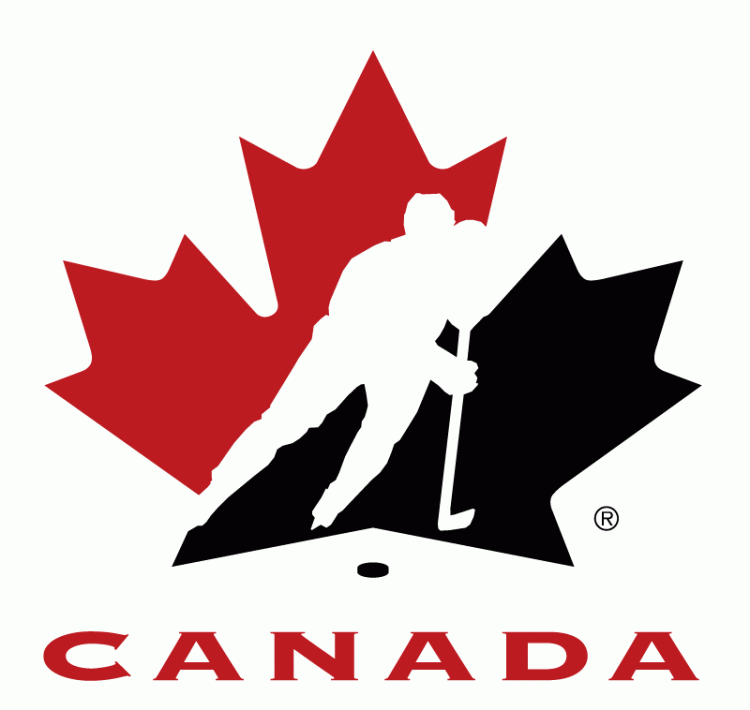I opened my laptop last night to write a usual article about the Bridgeport Islanders’ upcoming set against the Providence Bruins. I could not bring myself to complete it. It was impossible to write about X’s and O’s when it has become so evident that there is something much greater that needs to be addressed in our sport: hockey has a culture problem. It sounds cliché, we have heard it so many times, have all acknowledged it, and have all gone back to watching our teams play, maybe even chalking it up to “a few bad apples” and telling ourselves that our favorite players are not part of the issue. When multiple active NHL players are part of a group of five summoned to appear in court accused of the rape of one young woman – at a celebration of their success on the ice nonetheless – it becomes too reprehensible to look away: something needs to be done to address this issue.
It seems evident that hockey’s culture problem begins long before players reach the professional level. Most of the members of Canada’s 2018 World Juniors team were under the age of 20 when the abhorrent act that filled the headlines Wednesday (Jan. 24) allegedly transpired. The news comes on the heels of the conviction and sentencing of two other junior hockey players from Quebec who committed a similar crime in 2021 – an occurrence that painfully ironically also took place at a celebration of their team winning a championship. In all, Hockey Canada has reportedly paid out $7.6 million over nine sexual assault settlements since 1989 (not including the 2018 incident).

That hockey’s culture problem starts in juniors makes all too much sense. To play in a junior league, players are sent away from home – sometimes thousands of miles away – to a city where they are championed as heroes from the time they are in their mid-teens, years that are formative in the development of young adults (especially young men). This is the age when the typical adolescent learns how to take responsibility for their actions, how to treat others with respect, and how to act like an adult.
Problematically, the players who go to juniors have an adolescent experience that is anything but typical. Rather than the influence of their parents, family members, and teachers, they are in a locker room with others in the same situation. Instead of being in classrooms surrounded by other boys and girls of different backgrounds, they are with other hockey players, the majority of whom come from a privileged background similar to theirs. While they have coaches and host families in their new homes, it is evidently not enough at times to offset the absence of the positive influences that the typical teenager has in their life.
The Solution
To fix this culture issue we must address it at its root. It is not enough for the NHL to release a statement. It is not enough that you will hear every NHL star asked about this incident unequivocally condemn the actions of their peers, just as the NHL’s conveniently-timed announcement regarding an expansion team just minutes after the news broke was not enough to make this go away. There needs to be a fundamental change in the level of mentorship and guidance that these young players receive. We must fill the void created when a player leaves his family to play in one of the junior leagues.
Related: 2018 WJC Team Canada Final Roster for Buffalo
The way to go about achieving this can take many shapes, and I will not propose a one-size-fits-all solution that I think every team in every league should adopt. Some ideas include developing more rigid oversight from junior teams’ coaching staffs, assigning each junior player a mentor in their community, pushing additional inclusion training, or even just allowing the players more time to either spend with their host families or go home to their actual families. The solution could be something else entirely, but hockey’s culture problem will persist until there is an initiative to provide these young men in juniors with more mentorship and guidance than they have now.
